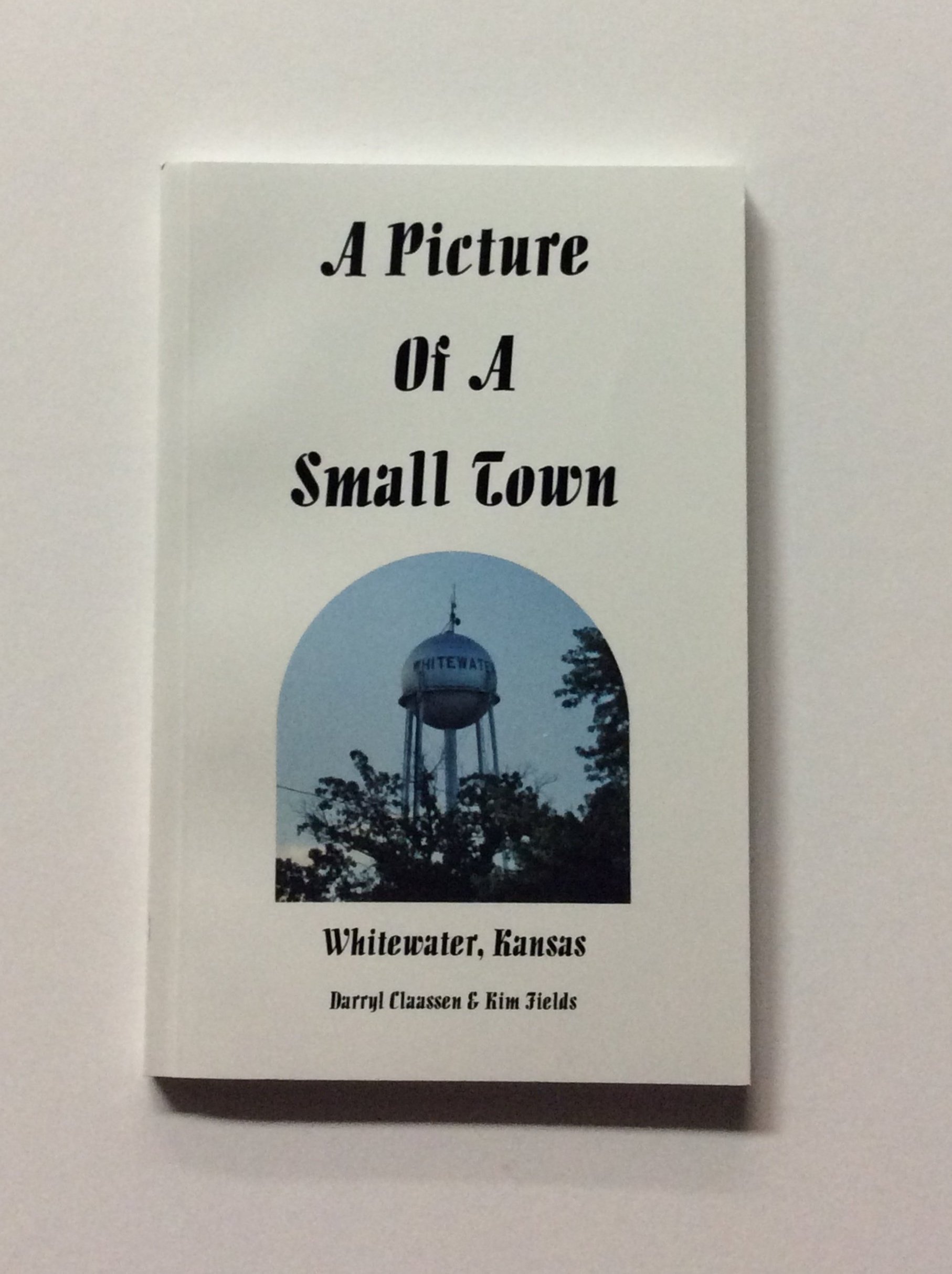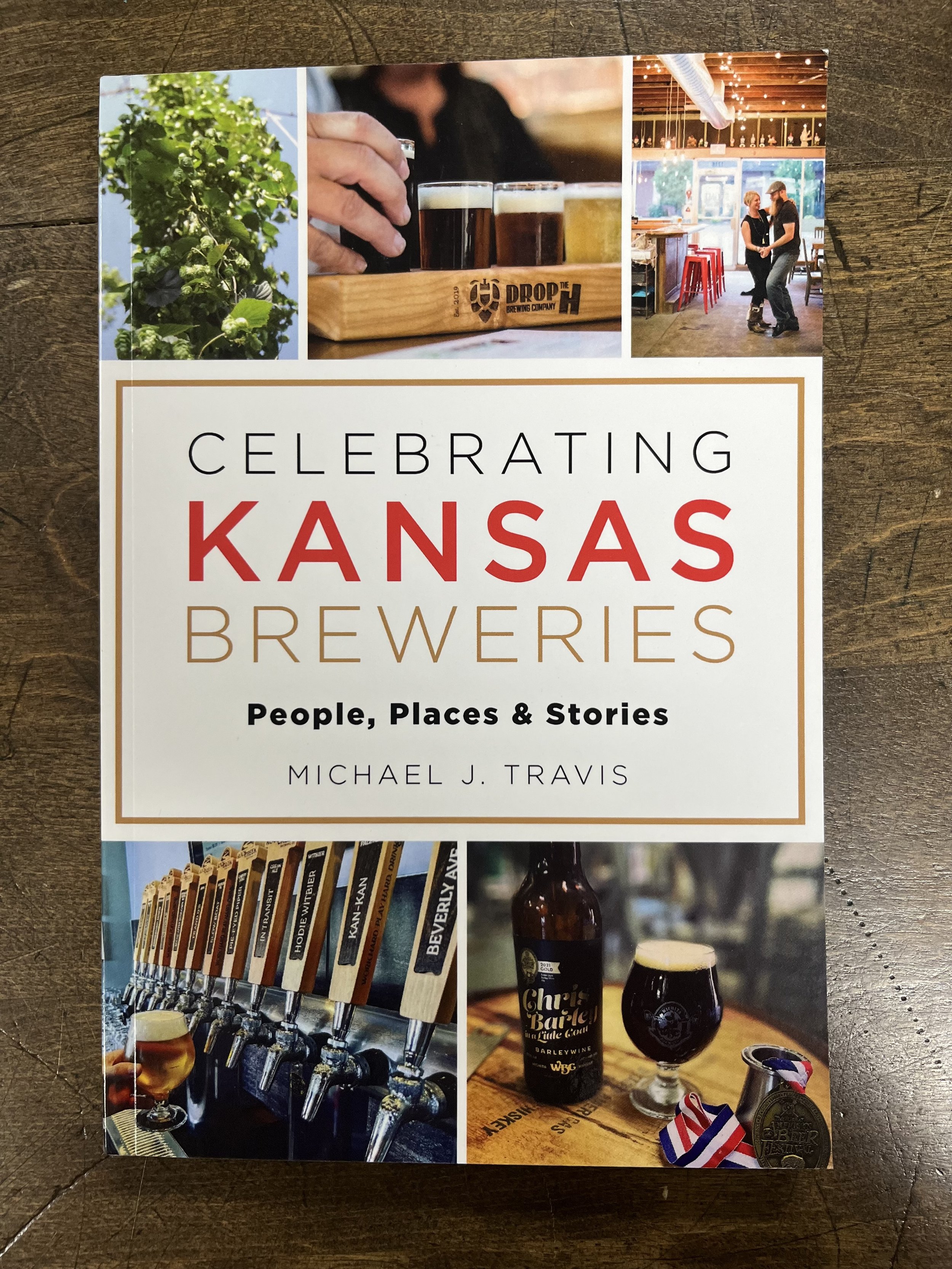 Image 1 of 2
Image 1 of 2

 Image 2 of 2
Image 2 of 2



A Green and Permanent Land
Once patronized primarily by the counterculture and the health food establishment, the organic food industry today is a multi-billion-dollar business driven by ever-growing consumer demand for safe food and greater public awareness of ecological issues. Assumed by many to be a recent phenomenon, that industry owes much to agricultural innovations that go back to the Dust Bowl era.
This book explores the roots and branches of alternative agricultural ideas in twentieth-century America, showing how ecological thought has challenged and changed agricultural theory, practice, and policy from the 1930s to the present. It introduces us to the people and institutions who forged alternatives to industrialized agriculture through a deep concern for the enduring fertility of the soil, a passionate commitment to human health, and a strong advocacy of economic justice for farmers.
Randal Beeman and James Pritchard show that agricultural issues were central to the rise of the environmental movement in the United States. As family farms failed during the Depression, a new kind of agriculture was championed based on the holistic approach taught by the emerging science of ecology. Ecology influenced the "permanent agriculture" movement that advocated such radical concepts as long-term land use planning, comprehensive soil conservation, and organic farming. Then in the 1970s, "sustainable agriculture" combined many of these ideas with new concerns about misguided technology and an over-consumptive culture to preach a more sensible approach to farming.
In chronicling the overlooked history of alternative agriculture, A Green and Permanent Land records the significant contributions of individuals like Rex Tugwell, Hugh Bennett, Louis Bromfield, Edward Faulkner, Russell and Kate Lord, Scott and Helen Nearing, Robert Rodale, Wes Jackson, and groups like Friends of the Land and the Practical Farmers of Iowa. And by demonstrating how agriculture also remains central to the public interest—especially in the face of climatic crises, genetically altered crops, and questionable uses of pesticides—this book puts these issues in historical perspective and offers readers considerable food for thought.
Once patronized primarily by the counterculture and the health food establishment, the organic food industry today is a multi-billion-dollar business driven by ever-growing consumer demand for safe food and greater public awareness of ecological issues. Assumed by many to be a recent phenomenon, that industry owes much to agricultural innovations that go back to the Dust Bowl era.
This book explores the roots and branches of alternative agricultural ideas in twentieth-century America, showing how ecological thought has challenged and changed agricultural theory, practice, and policy from the 1930s to the present. It introduces us to the people and institutions who forged alternatives to industrialized agriculture through a deep concern for the enduring fertility of the soil, a passionate commitment to human health, and a strong advocacy of economic justice for farmers.
Randal Beeman and James Pritchard show that agricultural issues were central to the rise of the environmental movement in the United States. As family farms failed during the Depression, a new kind of agriculture was championed based on the holistic approach taught by the emerging science of ecology. Ecology influenced the "permanent agriculture" movement that advocated such radical concepts as long-term land use planning, comprehensive soil conservation, and organic farming. Then in the 1970s, "sustainable agriculture" combined many of these ideas with new concerns about misguided technology and an over-consumptive culture to preach a more sensible approach to farming.
In chronicling the overlooked history of alternative agriculture, A Green and Permanent Land records the significant contributions of individuals like Rex Tugwell, Hugh Bennett, Louis Bromfield, Edward Faulkner, Russell and Kate Lord, Scott and Helen Nearing, Robert Rodale, Wes Jackson, and groups like Friends of the Land and the Practical Farmers of Iowa. And by demonstrating how agriculture also remains central to the public interest—especially in the face of climatic crises, genetically altered crops, and questionable uses of pesticides—this book puts these issues in historical perspective and offers readers considerable food for thought.









